Whenever astronomers discover something surprising, the answer often turns out to be dust. Dust obscuring our view, dust changing the polarity, dust warming things up, dust cooling things down. It’s always dust. Until it isn’t.
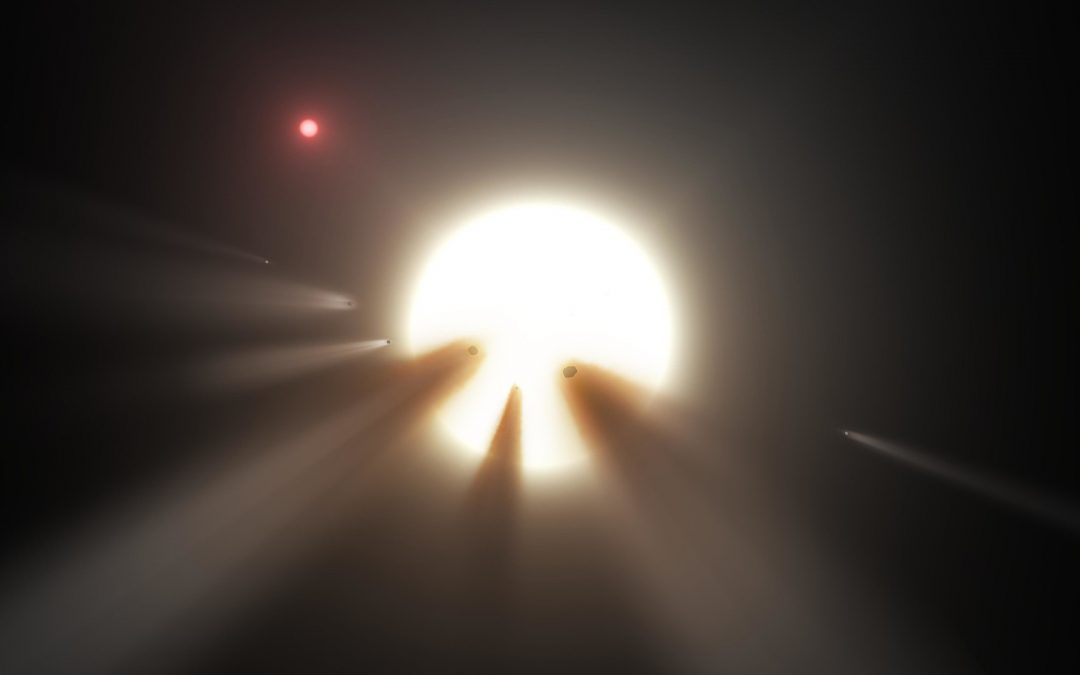

Whenever astronomers discover something surprising, the answer often turns out to be dust. Dust obscuring our view, dust changing the polarity, dust warming things up, dust cooling things down. It’s always dust. Until it isn’t.
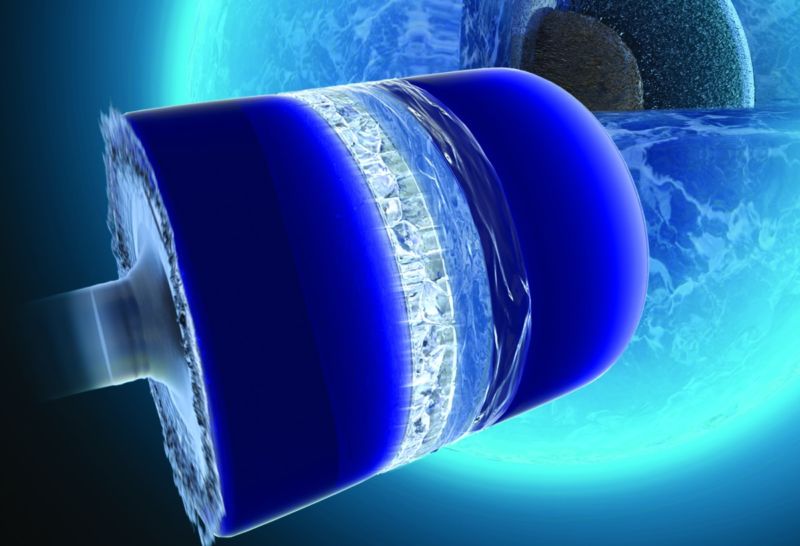
Ice is ice, right? You know, what you get when water freezes. Well, maybe here on Earth. But across the Universe, water can be squeezed together at different temperatures and pressures, leading to very different structures. Today we’ll talk about the different forms that ice can take.
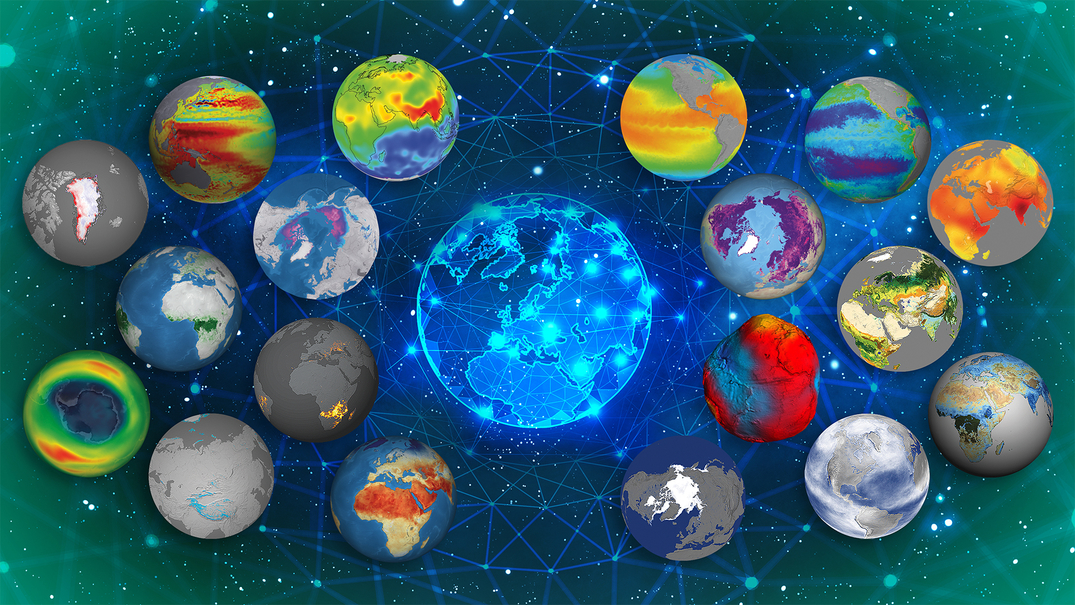
Climate change is on our minds these days, with increasing wildfires, droughts and floods. What are the variables that play into a planet’s changing climate, and what can this teach us about the search for habitable planets across the Milky Way?
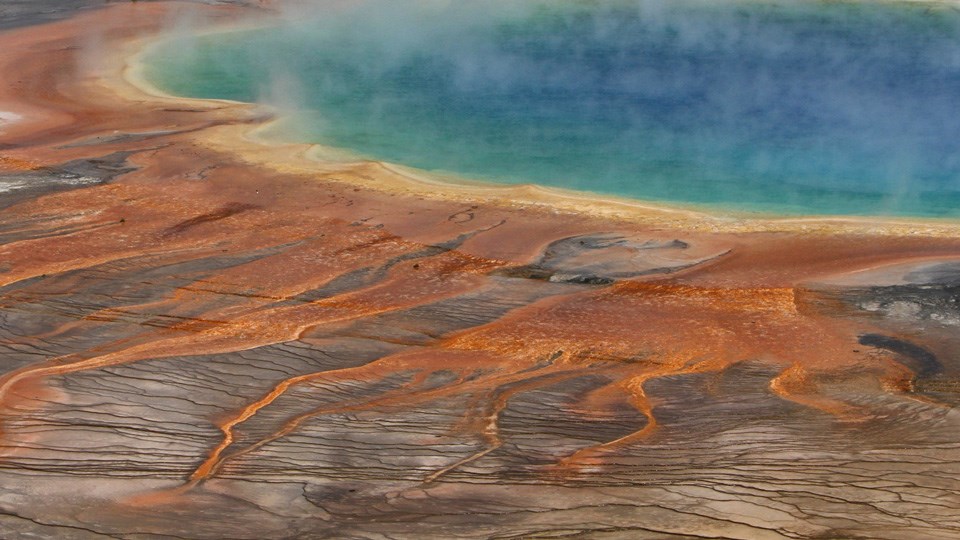
Are we alone in the Universe? It’s one of the biggest scientific questions we can possibly ask. And yet, with rovers on Mars, missions planned to visit Europa and Ganymede. Powerful telescopes able to detect the atmospheres of exoplanets, we’re closer than ever to finding out the answer.
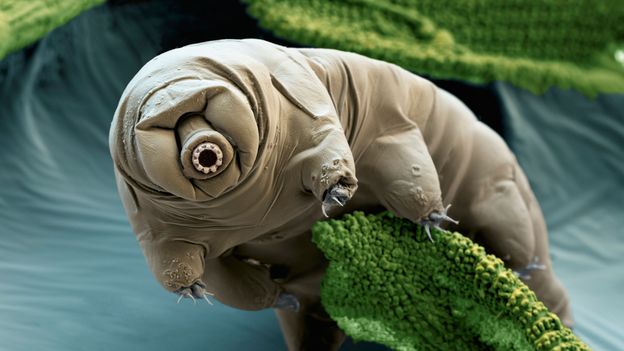
As scientists continue to explore the Earth, they’re discovering life surviving and even thriving in extreme environments. What hints can this give us about what we might find as we search for life on other worlds?
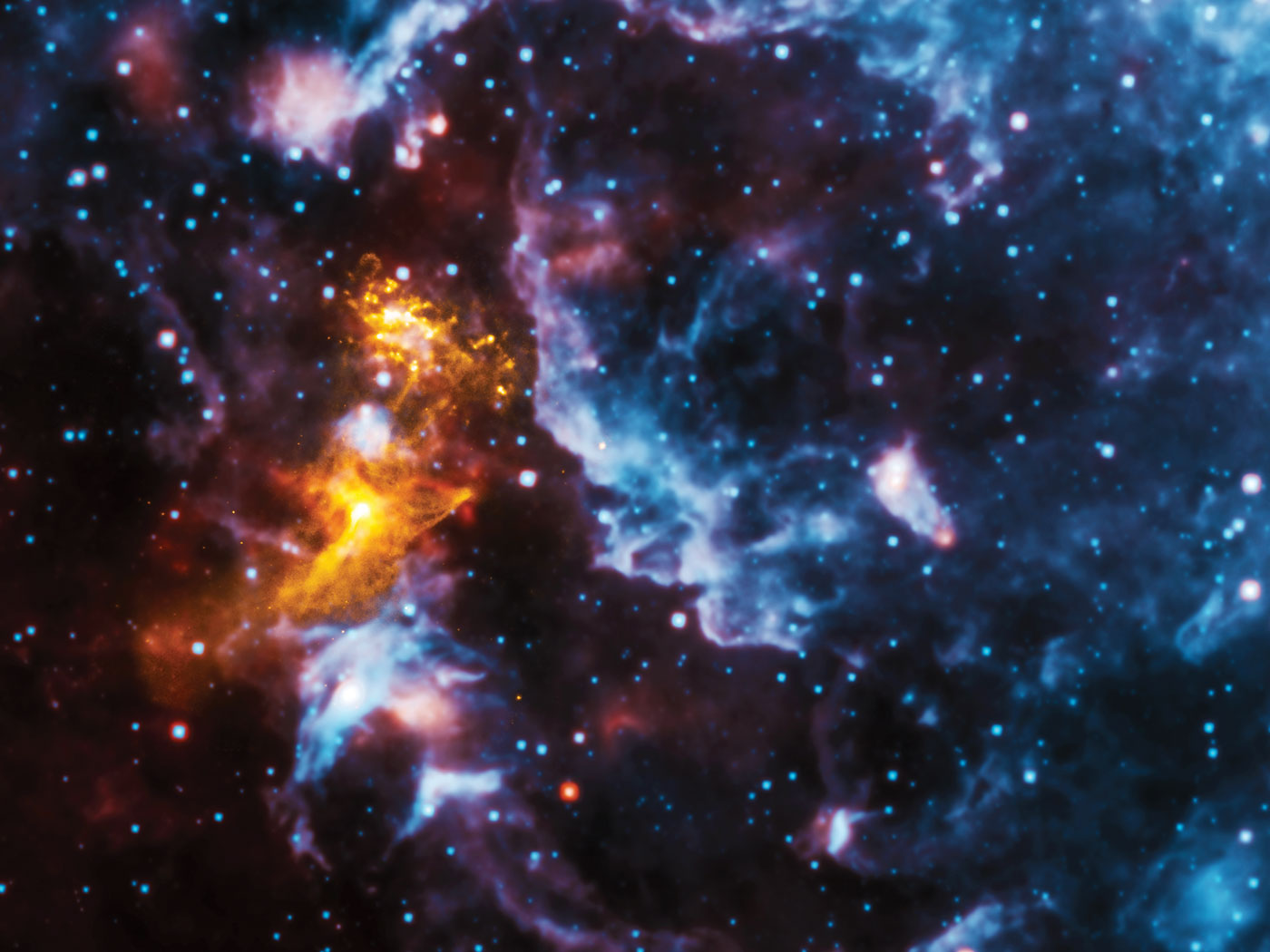
Last week we gave you an update on the formation of elements from the Big Bang and in main sequence stars like the Sun. This week, we wrap up with a bang, talking about the death of the most massive stars and how they seed the Universe with heavier elements.
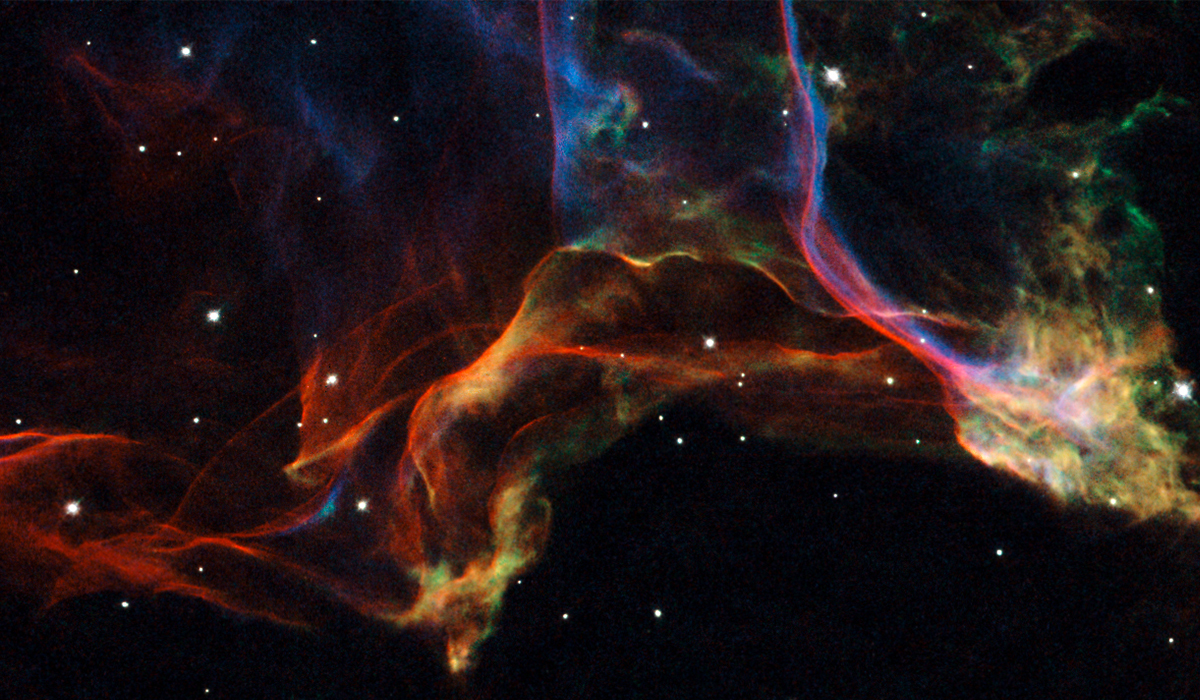
The Universe started out with hydrogen and helium and a few other elements, but all around us, there are other, more proton-rich elements. We believe these heavier elements formed in stars, but which stars? And at what points in their lives? Today we’ll update our knowledge with the latest science.
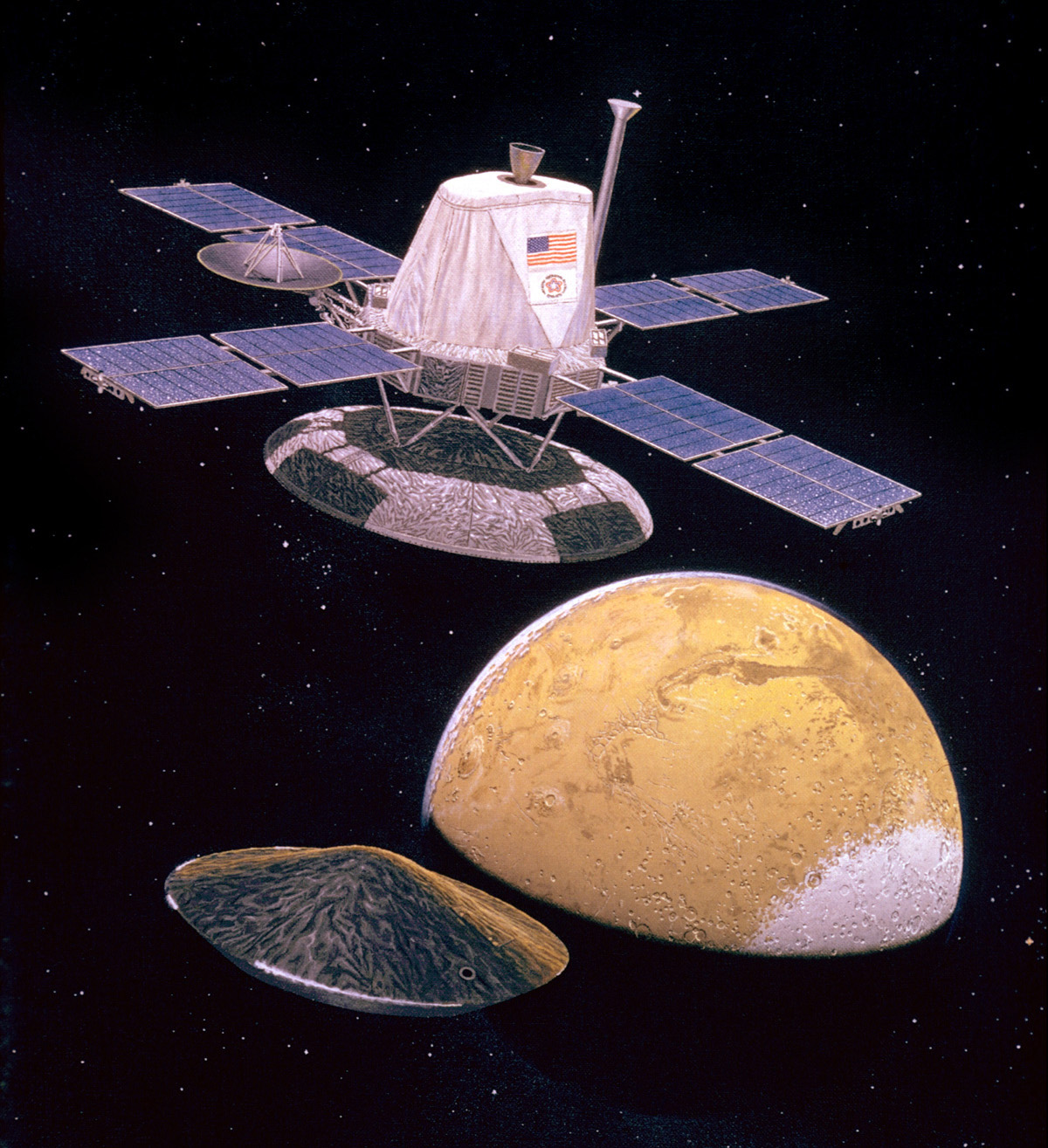
Once again, another place where the Universe is going to make this difficult for us. Proving, once and for all that there’s alien life on another world. It should be straightforward, look for biosignatures, but it looks like there are natural sources that could explain almost any chemical we could hope to search for.
What happens when the future meets biology? Bioscience science fiction, of course. And that’s our focus today as we continue our journey though science-based science fiction.
Our journey through interesting science fiction, this time we talk about speculative fiction dealing with materials science, nanotechnology and 3D printing. It’s a staple in Star Trek, but what other stories deal with it?
Evolution explains how life adapts and evolves over eons. But how did life originate? Chemists Miller and Urey put the raw chemicals of life into a solution, applied an electric charge, and created amino acids – the building blocks of life.
Waves move through a medium, like water or air. So it seemed logical to search for a medium that light waves move through. The Michelson-Morley Experiment attempted to search for this medium, known as the “luminiferous aether”. The experiment gave a negative result, and helped set the stage for the theory of General Relativity.
Getting stuff into space is complicated and expensive. And what do you do when your fancy space gadget breaks. You print out a new one, of course, with your fancy space 3D printer. It turns out, space exploration is one of the best uses for this technology.
Where ever we find water on Earth we find life. And so, it makes sense to search throughout the Solar System to find water. Well, here’s the crazy thing. We’re finding water just about everywhere in the Solar System. This changes our whole concept of the habitable zone.
As we quickly learn with water, matter can be in distinct phases: solid, liquid, gas and plasma; it all depends on temperature. But why do different materials require different temperatures? And what’s actually happening to the atoms themselves as the material switches phases?
This is going to be one of the “how we know what we know” kind of shows. How do scientist determine the age of things? How do we know the age of everything from stone tools, to the age of the Earth, to the age of the very Universe.
As part of her trip to England, Pamela had a chance to sit down with Oxford astrophysicist Chris Lintott and record an episode of Astronomy Cast. From the first stars to the newest planets, molecules and the chemistry that allows them to form affects all aspects of astronomy. While most astronomers group molecules into three bins of hydrogen, helium and everything else, there are a few who do proper chemistry by studying the sometimes complex molecules that form between the stars.